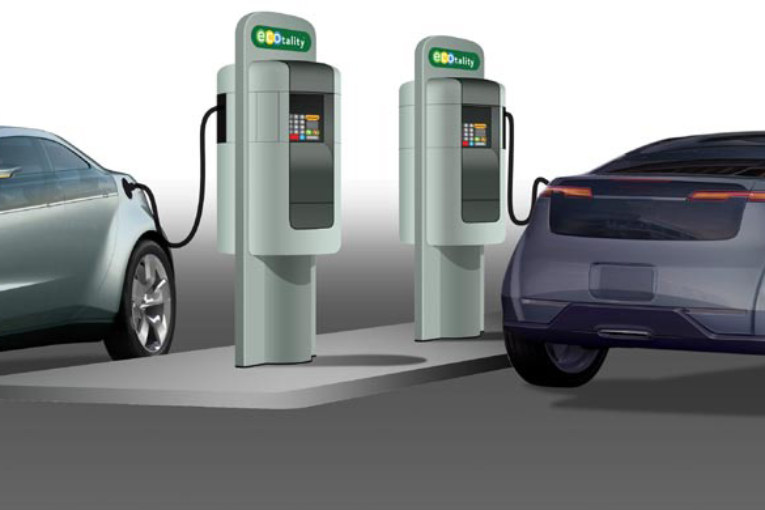As the world transitions towards sustainable transportation solutions, the demand for electric vehicles (EVs) is on the rise. With this surge in EV ownership comes the need for accessible and reliable charging infrastructure. In this comprehensive guide, we’ll explore the ins and outs of the electric car charging business, from startup considerations to operational strategies for success.
Electric Car Charging Business: Empowering the Green Revolution
Let’s delve into the dynamic world of the electric car charging business and uncover the key factors that contribute to its success in the rapidly evolving landscape of sustainable transportation.
Read too: How to Become an Electric Car Mechanic and Shape the Automotive Revolution? Unleashing the Future
Understanding the Market Demand:
The first step in establishing an electric car charging business is understanding the market demand for EV charging infrastructure. With the increasing adoption of electric vehicles worldwide, there is a growing need for accessible charging stations in urban centers, residential areas, workplaces, and along highways. Conducting thorough market research to identify high-demand locations and target demographics is essential for positioning your business for success.
Choosing the Right Location:
Location plays a crucial role in the success of an electric car charging business. Ideal locations include shopping centers, parking garages, hotels, restaurants, and other high-traffic areas where EV owners are likely to frequent. Additionally, proximity to major highways and thoroughfares can attract long-distance travelers in need of charging facilities. By strategically positioning your charging stations, you can maximize visibility and accessibility for potential customers.
Investing in Charging Infrastructure:
The backbone of any electric car charging business is its charging infrastructure. Depending on your budget and business model, you can choose between Level 1, Level 2, or Level 3 (DC fast charging) stations. Level 1 chargers are suitable for residential and workplace charging, while Level 2 chargers offer faster charging speeds and are ideal for public locations. Level 3 chargers provide rapid charging capabilities for long-distance travel corridors and high-traffic areas.
Offering Value-Added Services:
To differentiate your electric car charging business from competitors and attract customers, consider offering value-added services such as EV maintenance and repair, electric vehicle supply equipment (EVSE) sales and installation, and EV-related accessories. Additionally, amenities such as Wi-Fi connectivity, convenience stores, and rest areas can enhance the overall customer experience and encourage repeat business.
Building Partnerships and Collaborations:
Collaborating with key stakeholders such as EV manufacturers, utilities, local governments, and property owners can provide valuable support and resources for your electric car charging business. Partnerships with automakers can lead to co-marketing opportunities and incentives for EV owners to use your charging stations. Working with utilities to install charging infrastructure and access renewable energy sources can reduce operating costs and enhance sustainability.
Ensuring Reliability and Accessibility:
Reliability and accessibility are paramount considerations for EV drivers when choosing where to charge their vehicles. Ensuring that your charging stations are well-maintained, regularly serviced, and equipped with user-friendly interfaces is essential for building trust and loyalty among customers. Additionally, offering 24/7 customer support and seamless payment options can enhance the overall charging experience and encourage repeat business.
Conclusion:
The electric car charging business presents a lucrative opportunity for entrepreneurs looking to capitalize on the growing demand for sustainable transportation solutions. By understanding market demand, choosing strategic locations, investing in charging infrastructure, offering value-added services, building partnerships, and prioritizing reliability and accessibility, you can position your business for long-term success in this dynamic and rapidly expanding industry.
